US wants to stay in south Philippines: envoy
Militants have waged a decades-long separatist insurgency in Mindanao that has claimed more than 120,000 lives
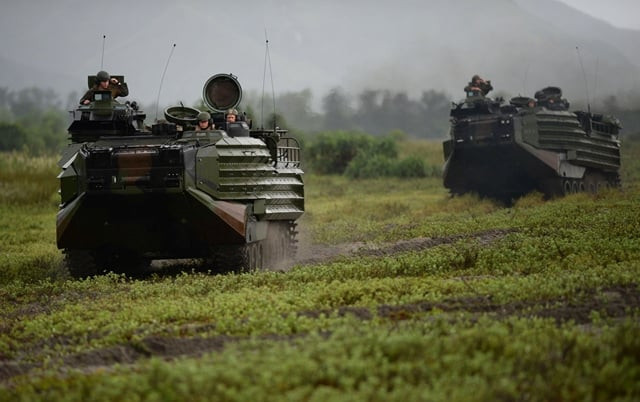
US marines amphibious assault vehicles (AAV) taking part in the US-Philippines joint annual beach landing exercise on the shores facing the South China Sea in San Antonio town, Zambales province, north of Manila. PHOTO: AFP
Ambassador Philip Goldberg said the security threat in the conflict-plagued region was "very serious", warning the Islamic State group was among a number of foreign militant organisations trying to increase its involvement there.
"We've helped the Philippines as it has reduced the threat over time," Goldberg told ABS-CBN television.
Philippines' Duterte likens himself to Hitler, wants to kill millions of drug users
"But we are concerned obviously about any new intrusion of the Islamic State group or any other group that wants to take advantage of open space in the south of the Philippines. So we want to continue doing that."
The United States had deployed from 2002 to 2014 a rotating force of about 600 troops to the southern Philippines to train local soldiers in how to combat militants. The presence was scaled down after the United States deemed the militants there had "largely devolved into disorganised groups resorting to criminal undertakings", according to a US statement in 2014.
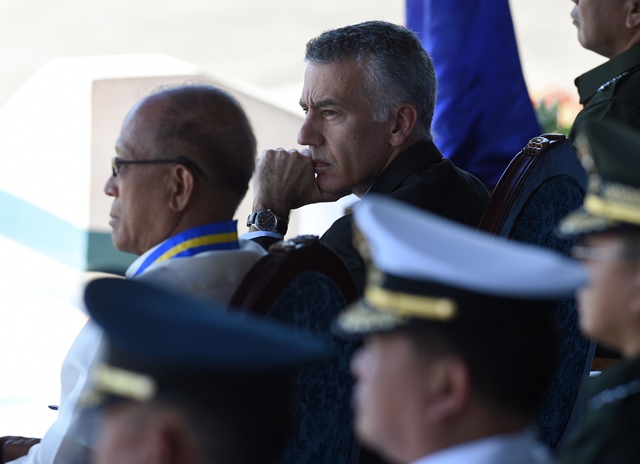 US Ambassador to the Philippines Philip Goldberg (C) listening to speeches beside Philippines' Defense Secretary Delfin Lorenzana (L) during the turn-over ceremony of a newly acquired C-130T cargo plane from the US at a military airbase in Manila. PHOTO: AFP
US Ambassador to the Philippines Philip Goldberg (C) listening to speeches beside Philippines' Defense Secretary Delfin Lorenzana (L) during the turn-over ceremony of a newly acquired C-130T cargo plane from the US at a military airbase in Manila. PHOTO: AFPMilitant attacks spiked after that, most prominently with the homegrown Abu Sayyaf group abducting dozens of foreigners and locals to extort ransoms. About 100 American troops remain in the south, Goldberg said on Tuesday. But Duterte, who took office on June 30, has said they are adding to tensions with the Islamic communities in the southern region of Mindanao.
"These US special forces, they have to go in Mindanao," Duterte said last month. Duterte, who describes himself as a socialist and part Muslim, has called for their ejection as part of a general effort to dilute his nation's 70-year alliance with the United States.
Militants have waged a decades-long separatist insurgency in Mindanao that has claimed more than 120,000 lives. The region is the ancestral homeland of the Muslim minority in the mainly Catholic Philippines.
Philippines Duterte tells US to forget about defence deal 'if I stay longer'
The major rebel organisations are no longer waging armed struggle, but harder-line splinter groups such as the Abu Sayyaf have remained a threat. Goldberg warned Jemaah Islamiyah, a Southeast Asian group responsible for the deadly 2002 bombings on the Indonesian resort island of Bali, and other foreigners were in Mindanao.
"This is a very serious issue," Goldberg said.
"We are not just dealing with Abu Sayyaf but groups from the region like Jemaah Islamiyah. We see increasing efforts from ISIS to become involved."

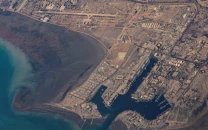
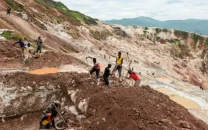
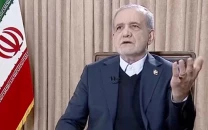
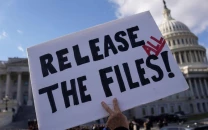
1721969212-0/BeFunky-collage]-(35)1721969212-0-208x130.webp)
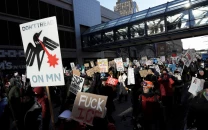












COMMENTS
Comments are moderated and generally will be posted if they are on-topic and not abusive.
For more information, please see our Comments FAQ